Fenton Debates Pros and Cons of Recreational Cannabis Establishments
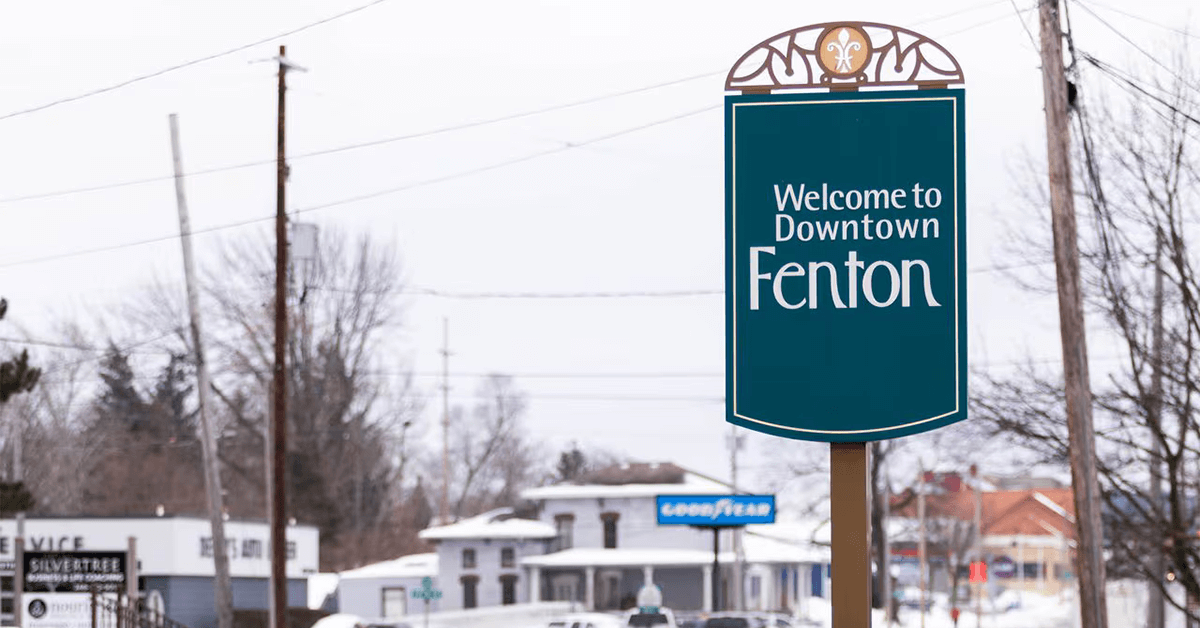
Fenton City Hall is actively seeking community input on the potential authorization of recreational cannabis establishments within its boundaries. Two public hearings have been scheduled to facilitate this dialogue: the first on Monday, April 15th, and the second on Wednesday, April 17th, both at 7 p.m. These sessions will be held at the Fenton City Hall, located at 301 S. Leroy St.
The focus of these meetings will be to collect insights, opinions, and information from residents regarding the prospect of cannabis businesses operating in Fenton and the appropriate regulatory measures to be considered. A notice about the public meetings highlighted the importance of community feedback in shaping the city's approach to this issue.
Fenton's City Manager, Lynn Markland, emphasized that the hearings provide a crucial opportunity for residents to express their positions—whether in support or opposition—to the city council. "The city council is eager to hear all perspectives as they deliberate on this matter," Markland commented.
In 2023, local governments in Michigan benefited significantly from cannabis-related activities, receiving a combined total of $87 million in tax revenues from marijuana sales. While acknowledging the financial benefits, Markland clarified that Fenton is not looking to rely on cannabis sales tax revenue as a primary financial resource. "We are not considering recreational marijuana sales as a core component of our fiscal strategy. Instead, we are assessing whether a dispensary would serve the best interests of our community," he explained.
Community Voices Heard in Bad Axe Cannabis Ordinance Debate

Over the past two years, the City of Bad Axe has been carefully considering the introduction of cannabis businesses into the community. After initially hesitating, the city council, in March 2022, decided to revisit the possibility, directing the then Police Chief David Rothe and his successor, Shawn Webber, to conduct thorough research on the matter. This marked the beginning of a meticulous process to establish a city ordinance concerning cannabis establishments.
Following numerous discussions throughout 2022 and 2023, the council took a decisive step in November by agreeing to develop an ordinance. Although the ordinance is not yet officially approved, a proposed draft has been presented.
The draft outlines that the city may host up to four state-licensed cannabis establishments - comprising two microbusinesses and two retailers. According to the Michigan Regulation and Taxation of Marijuana Act, a microbusiness is authorized to cultivate up to 150 cannabis plants, process, package, and directly sell or transfer the cannabis to individuals who are at least 21 years old or to a cannabis safety compliance facility, excluding other cannabis establishments. A retailer, on the other hand, is permitted to acquire cannabis from these establishments and sell or transfer it to individuals who are 21 or older.
Each establishment under the city's draft ordinance would be subject to a municipal license fee not exceeding $5,000, requiring annual renewal.
During a recent city council meeting, a public hearing was held, offering a platform for community members to express their views on the ordinance. Only two individuals spoke out.
Lynette Beeler, a Bad Axe area resident, shared her deep concerns about the potential impact of cannabis businesses on the community. With strong ties to Huron County, Beeler emphasized the importance of considering the broader implications of the ordinance beyond financial benefits, citing potential negative effects on the community's wellbeing.
Jesse Klaska, another lifetime resident, echoed the sentiment of limited public engagement in the discussion. He challenged the council to identify benefits of introducing cannabis businesses to Bad Axe, aside from monetary gains, and suggested that any such businesses should be located away from the downtown area and residential neighborhoods, preferably to the north of the city.
Rebecca Bachman, the Bad Axe City Manager, indicated that the next phase involves a public hearing set by the city's planning commission on April 24th at 6:30 p.m., focusing on zoning for the ordinance. Bachman emphasized the importance of community input and expressed hope for robust public participation. She anticipates that a final decision on the ordinance will be made by the council in May.
Ishpeming Maintains Current Cannabis Retailer Cap After Community Feedback
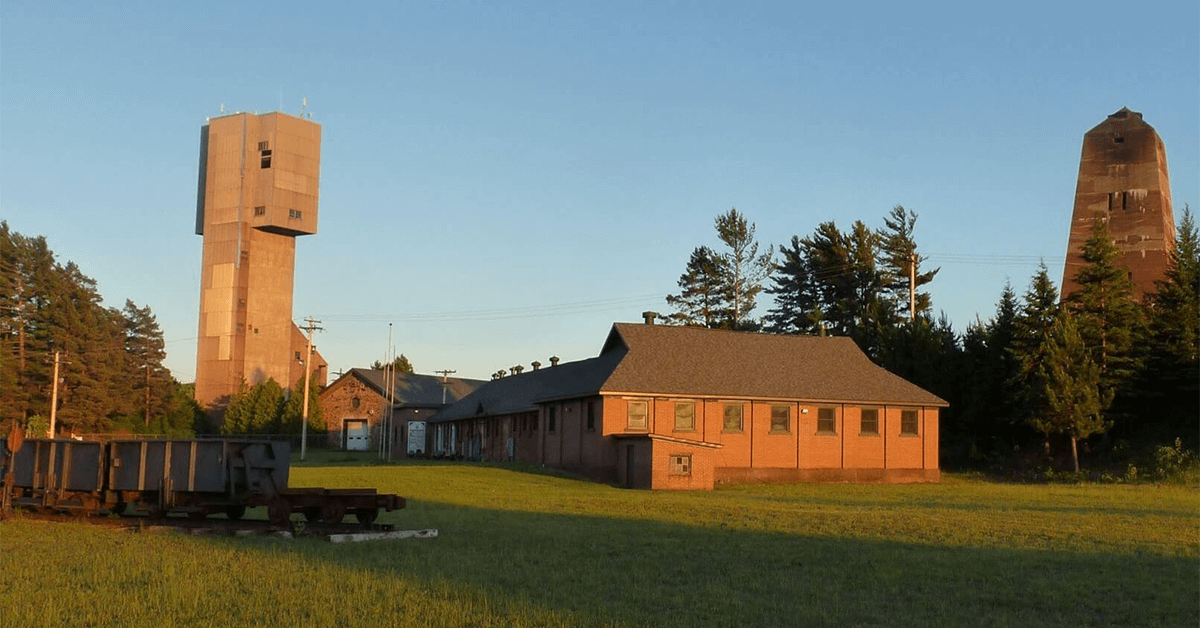
The City of Ishpeming has decided against revising its cannabis ordinance, maintaining the current regulation that permits only two cannabis retailers within the city limits. This decision came after a public hearing conducted by the Ishpeming Planning Commission, which was aimed at considering a proposal to amend the city's cannabis ordinance. The proposed amendment sought to authorize the establishment of two processing facilities, two safety compliance facilities, and two secure transfer facilities in addition to the existing retail outlets.
The public hearing, held last Monday, witnessed significant community involvement, with 14 residents from Ishpeming expressing their disapproval of the amendment. They raised concerns about the potential increase in drug presence within the city, arguing against the need for additional cannabis facilities. Notably, there were no voices in support of the proposed changes during the session.
The Ishpeming Planning Commission appreciated the active participation of the city's residents in the decision-making process. Brooke Routhier, Chair of the Ishpeming Planning Commission, praised the community's engagement, stating, "I absolutely loved what happened tonight. It is very hard to get the public's input, so to get the public to come out and provide their comment is fantastic. That's what the whole process is about."
However, the commission's vote on whether to recommend the ordinance amendment to the City Council ended in a deadlock, with a 4-4 tie, resulting in the failure of the motion to pass. This outcome ensures that the existing regulations governing cannabis retailers in Ishpeming will remain unchanged, reflecting the community's stance against the expansion of cannabis-related facilities in the city.
Breitung Township Stands Firm on Cannabis Dispensary Ban
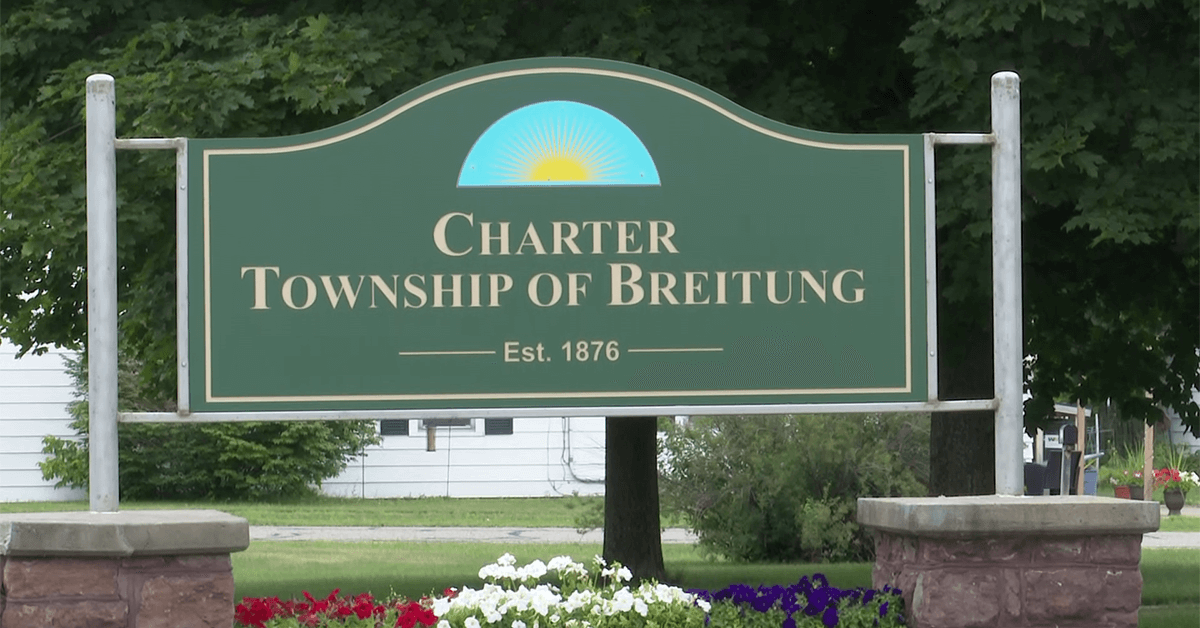
Breitung Township has decided to maintain its ban on cannabis dispensaries, a decision underscored by the potential financial benefits these businesses might have offered. During a recent board meeting, the topic resurfaced at the behest of Trustee Ben Peterson, who highlighted the significant state revenue garnered by neighboring municipalities Norway and Iron Mountain from such establishments.
According to a Michigan Department of Treasury announcement in March, Norway and Iron Mountain are set to receive $118,172 and $59,086, respectively, from the Michigan Regulation and Taxation of Marijuana Act. Additionally, Dickinson County is anticipated to receive $177,259 in adult-use cannabis distributions.
Dispensaries like Lume and Rize in Iron Mountain, along with Higher Love Cannabis in Norway, have contributed to these figures. Peterson argued that rejecting the cannabis industry means forgoing substantial funds that could benefit township infrastructure and services, such as roads and fire trucks. He emphasized the lack of crime increases related to dispensaries, as confirmed by the Dickinson County Sheriff's Department and local police.
However, opposition from Supervisor Denny Olson centered on the belief that the financial gain from dispensaries would not justify changing the existing ordinance. Olson expressed concerns about the community impact of allowing a dispensary, despite the relatively small projected income.
Superintendent Steve Mulka noted that initial interest from dispensaries was high due to the township's low property taxes, but he now views the market as oversaturated. However, he acknowledged a reduction in complaints about the odor from cannabis cultivation since the legalization of recreational use in Michigan.
Treasurer Christina Maki supported the idea of welcoming dispensaries, pointing out the missed opportunity for additional township revenue. She advocated for learning from other municipalities' experiences to implement strict regulations within their ordinance.
Despite these discussions, the motion to uphold the ban passed, with Peterson, Maki, and Township Clerk Wendy Larson opposing the decision. The township's stance continues to prevent cannabis dispensaries from operating within its jurisdiction, even amidst evidence of their financial benefits to neighboring areas.
Legal Campaign Seeks to Overturn Cannabis Ban in Howell Township
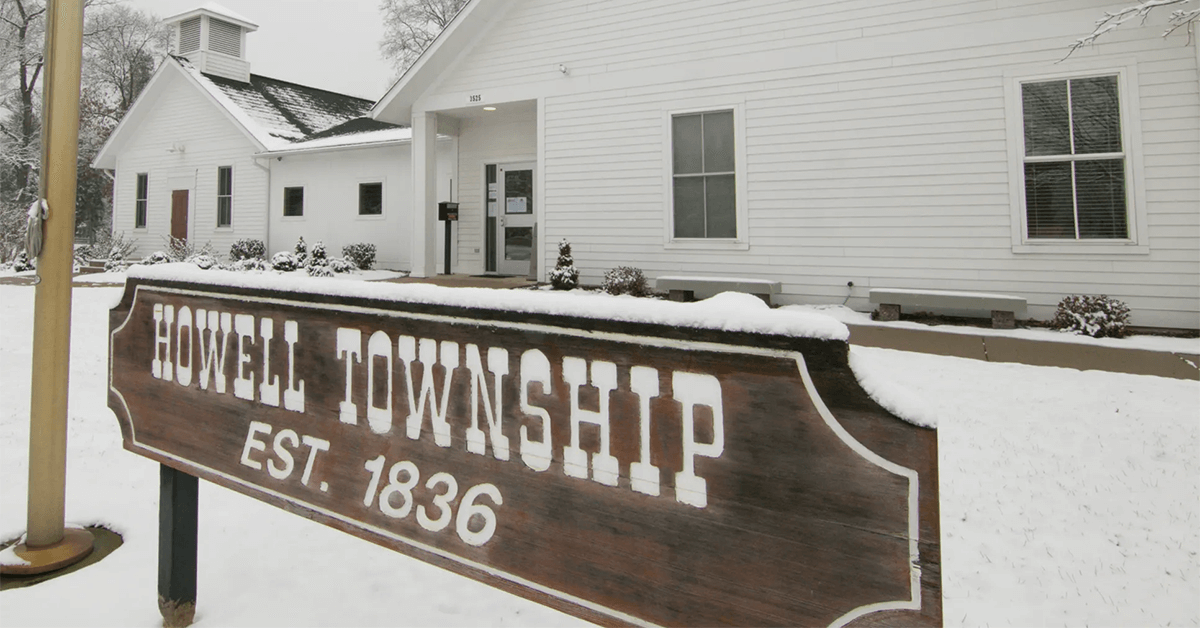
In a recent development within Michigan's evolving cannabis landscape, a legal push is underway to challenge Howell Township's current stance against marijuana-related facilities. A prominent attorney from Ypsilanti, Anderson Grandstaff, representing an unnamed organization, has initiated a campaign aimed at overturning the township's prohibition. This move could potentially culminate in a ballot question during the November 2024 election, leaving the decision in the hands of the voters.
Michigan set a precedent in 2018 by becoming the first Midwestern state to legalize both medical and adult-use cannabis. Despite this, numerous local jurisdictions, including Howell Township, have opted out of hosting such establishments, often implementing moratoriums to halt their operation.
The organization behind this campaign, though not disclosed, has reportedly garnered substantial local support for a proposed ballot initiative that seeks to end the township's ban on recreational cannabis retail outlets. This initiative not only aims to lift the existing prohibition but also proposes a comprehensive regulatory framework for the licensing of cannabis retail businesses. The outlined ordinance includes detailed procedures and criteria for reviewing, scoring, and ranking license applications.
The matter came to the forefront during the Township Board's March meeting, where Supervisor Mark Coddington revealed the board's deliberations on the attorney's correspondence. A proposal to bypass the petition process and directly submit the initiative to the Planning Commission was ultimately rejected in a 2-4 vote, with Trustees Harold Melton and Bob Wilson advocating for the change. Wilson, in particular, has expressed strong support for establishing a dispensary within the township. Citing the overwhelming approval of cannabis legalization by 73% of voters in 2018 and personal online polling, Wilson argues that there is significant demand among constituents for local access to cannabis, especially for those seeking it for medicinal purposes who currently face long travel distances.
As the dialogue continues, with Wilson requesting further discussion in the next meeting, the township finds itself at a crossroads, weighing the community's desires against longstanding regulatory stances. The outcome of this debate could mark a significant shift in Howell Township's approach to cannabis facilities, aligning more closely with the state's broader acceptance of the industry.
Addressing Cannabis Dispensary Saturation in Ypsilanti Through Zoning Amendments

Ypsilanti is currently facing a unique situation, with a notably high density of cannabis dispensaries in comparison to other cities in the state. This observation was highlighted by the city's planner, Joshua Burns, who pointed out the disproportionate number of dispensaries in the city. In response to growing concerns that Ypsilanti might be transforming into a so-called "weed city," city officials are contemplating zoning amendments aimed at limiting the expansion of cannabis retail outlets.
With 13 dispensaries presently operating within its boundaries, Ypsilanti's cannabis market is significantly saturated when compared to cities like Ann Arbor, which, based on proportional analysis, would equate to having merely three dispensaries. To address this imbalance, proposed zoning changes are being considered to reduce the number of potential locations for new cannabis retailers without imposing a strict limit on the total number of businesses. Andy Aamodt, a planning consultant collaborating with the city's planning commission, discussed these proposed regulations during a city council meeting. These changes would notably include adjustments to existing exemptions for marijuana microbusinesses, aligning them with the city's distancing guidelines designed to regulate the spacing between businesses.
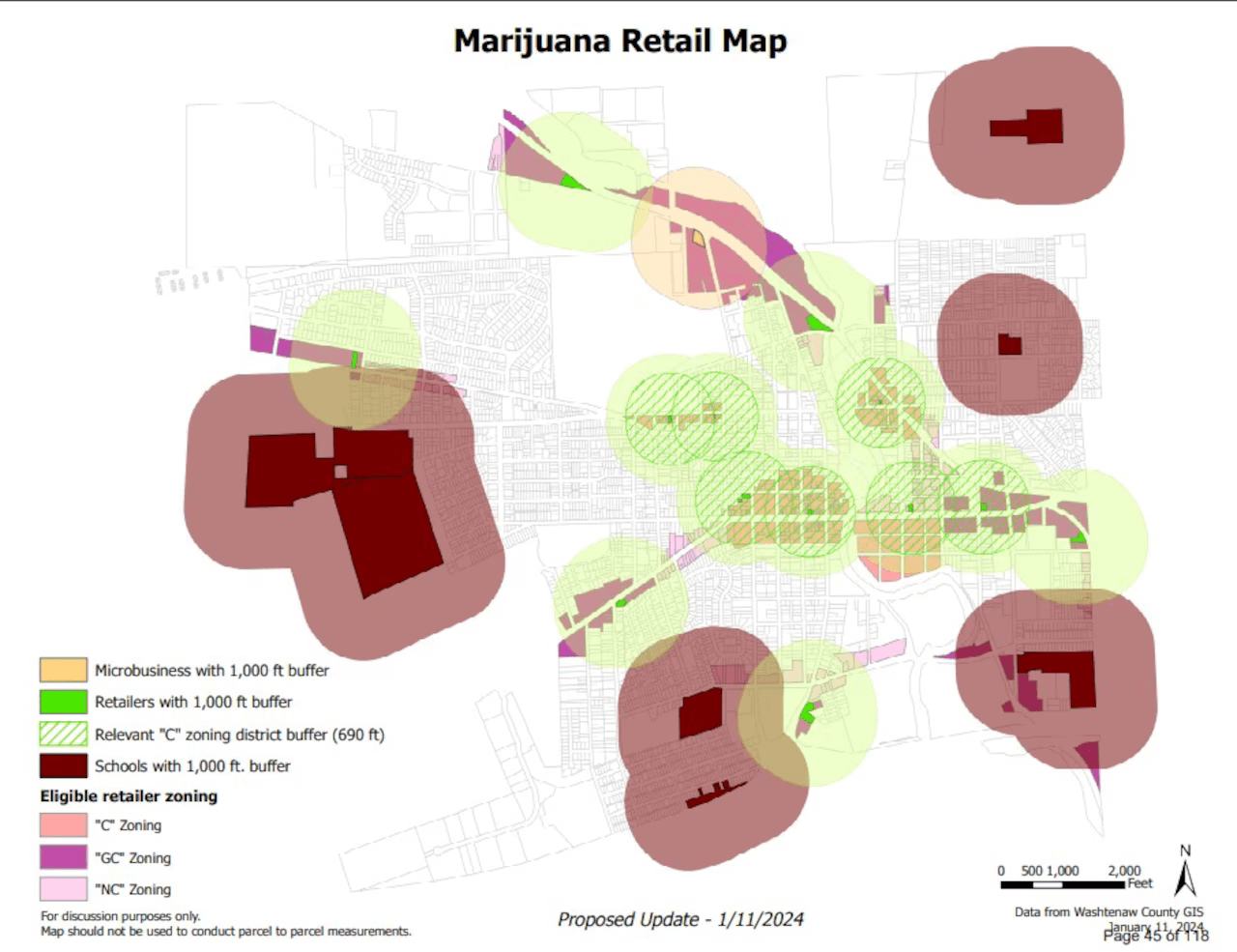
The zoning ordinance adjustments aim to preserve the current businesses while decreasing the number of new entrants to approximately four, a significant reduction from the potential eight to over a dozen spots available under the current guidelines. Ypsilanti's approach to managing its cannabis market has evolved over time, including the removal of a previous cap on the number of marijuana businesses to avoid potential litigation concerning the allocation of limited permits. However, the recent unanimous council vote signals a strong desire to revisit and potentially reimpose limitations on the expansion of cannabis retail operations.
The potential reinstatement of a cap on dispensaries has sparked a dialogue among city officials, business owners, and community members. Notably, Depot Town Cannabis owner Javier Valdez voiced concerns about the market's oversaturation and its detrimental impact on local businesses. The sentiment for reinstating a cap was echoed by former City Council member and current county Commissioner Annie Somerville, who emphasized the initial intent behind the city's cannabis policy was to foster social equity, not to enable large cannabis entities to overshadow smaller, community-focused businesses.
As city leaders deliberate on the best path forward, the conversation reflects a broader challenge facing municipalities as they navigate the complexities of integrating cannabis businesses into their communities while striving for balanced growth, social equity, and economic sustainability.


 Helpful Links
Helpful Links